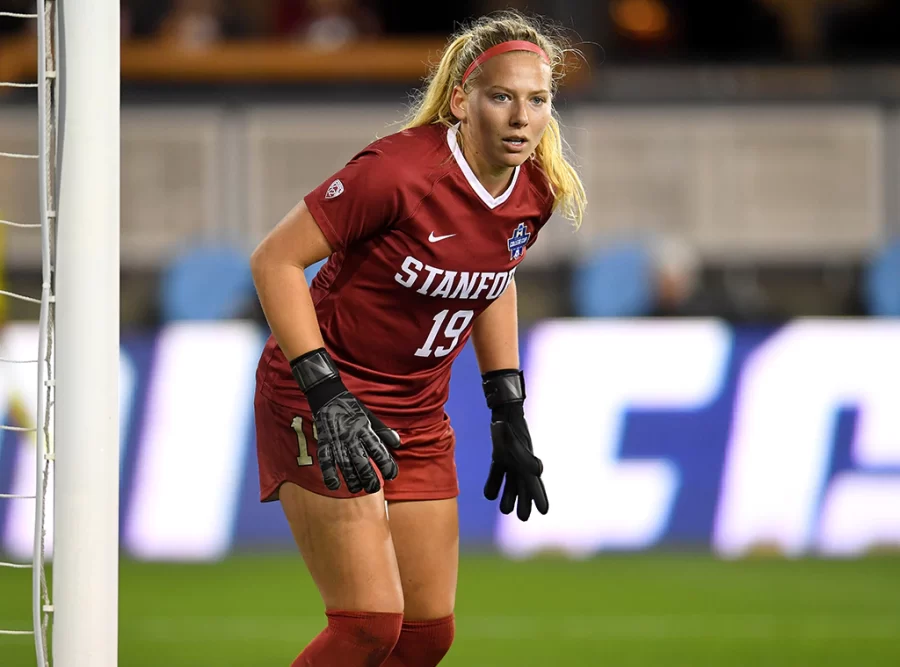Rising suicide rates in college athletes
December 1, 2022
In recent years, suicide rates among college student-athletes have risen, sparking concern from coaches, parents and athletes.
While all college-aged students face immense pressure, student-athletes take on the pressure to perform both academically and athletically.
As of May of 2022, five college athletes died by suicide, bringing attention to the rising suicide rates among student-athletes to the national level. Within seven weeks, Lauren Bernett, Sarah Schulz and Katie Meyer all took their own lives. All three of these women had successful careers on their respective college teams. After the death of Katie Meyer, Stanford’s starting goalie, in March of 2022, many called for the National Collegiate Athletic Association (NCAA) to make a statement addressing the issue. NCAA spokesman, Christopher Radford, responded by stating that the mental health crisis is a widespread issue, and therefore does not necessarily need to be addressed by the NCAA, which angered many athletes.
According to the NCAA, student-athletes report experiencing sleep difficulty, loneliness and anxiety, but are less likely to seek help than non-athletes. The stigma surrounding seeking assistance regarding mental health in the sports industry oftentimes discourages student-athletes from asking for the help they need. Many athletes are taught from a young age that in order to succeed on the court or the field, they need to be mentally tough. This sometimes conveys the wrong message that mental toughness equates to not being able to ask for help, fearing the perception of a weak image.
In order to combat the rising suicide rates, athletes are urging their universities, and the NCAA, to provide better services. One former college runner turned activist, Andrew Cooper, believes that the preservation of student-athletes mental health is not a priority for the NCAA, because, ultimately, the NCAA is a business.
“The more money pumped into the system, the more pressure on coaches, the more pressure gets put on athletes,” said Cooper in an interview with the Washington Post.
Especially with the new name, image and likeness ruling, college athletes feel even more pressure to perform well, not only to earn scholarships but to earn brand deals. Now, in addition to balancing schoolwork, athletics and college life, students also face the pressure to form a social media presence, which can bring about further complications.
In order to get to the collegiate level in athletics, students have to dedicate their life to their sport. Without adequate resources and the stigma surrounding asking for help, student-athletes are left unequipped to handle the sometimes overwhelming pressure of the demands put on a student-athlete.
